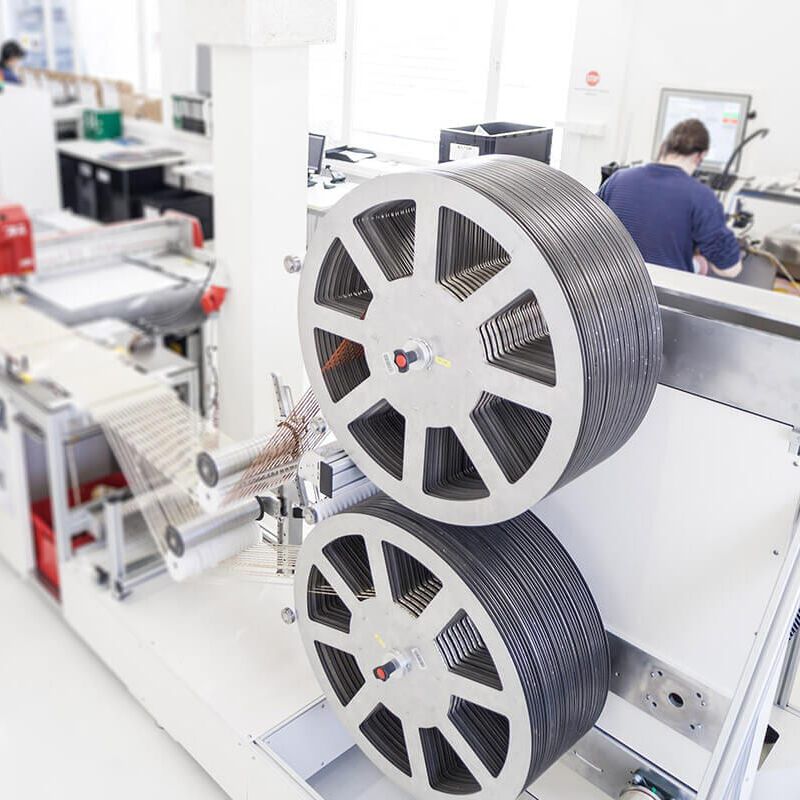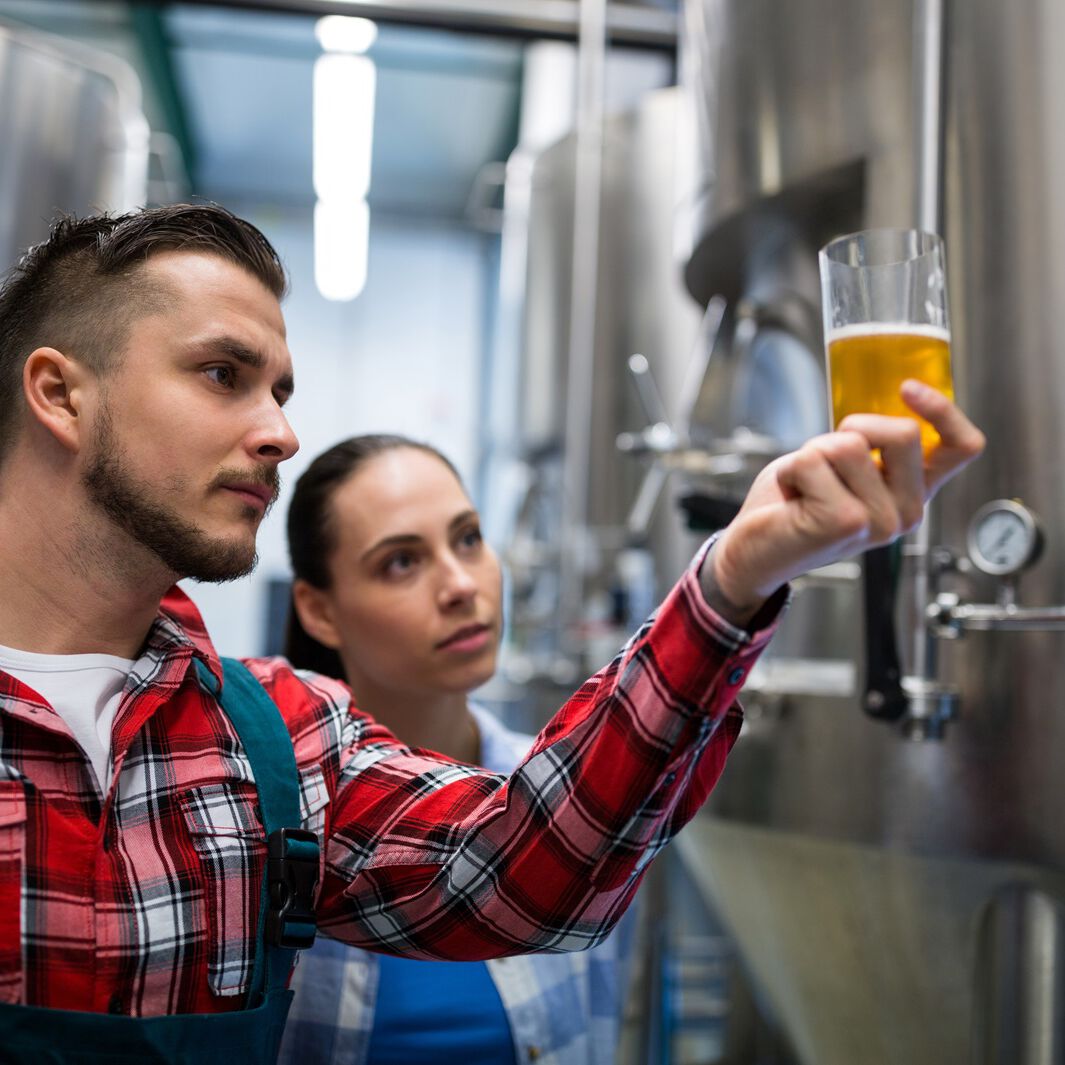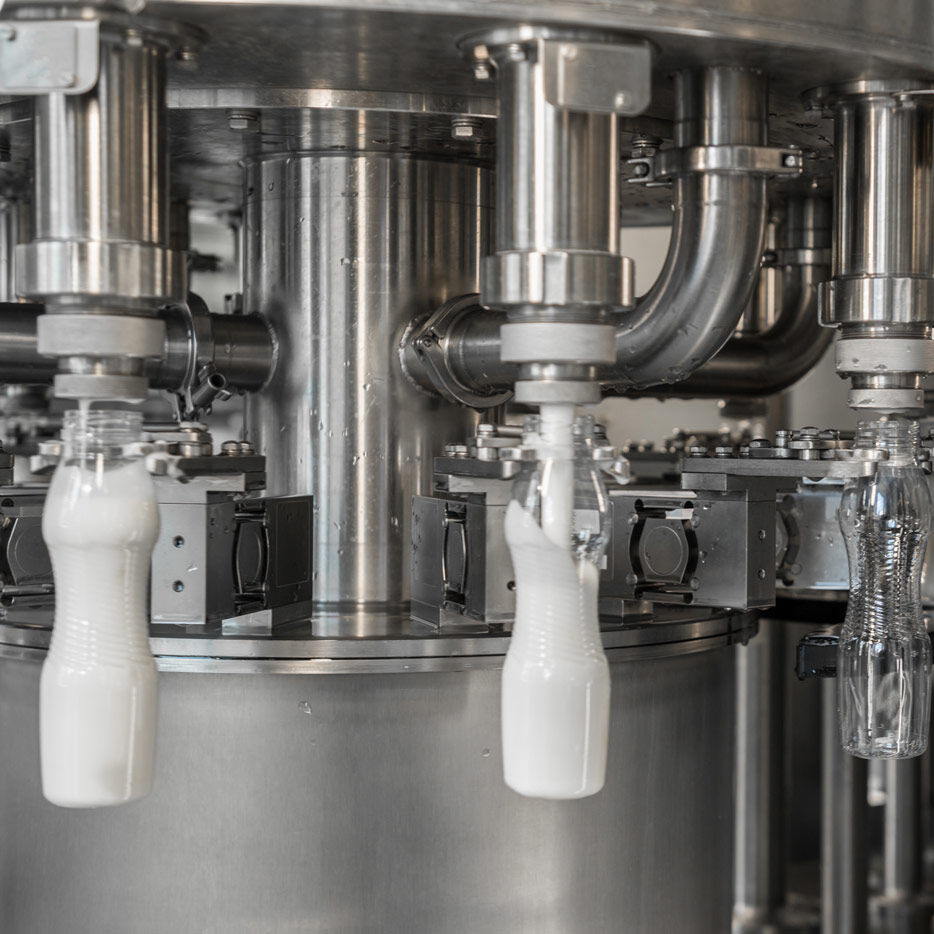BAKED GOODS & CONFECTIONERY
The bakery and confectionery industry will be under massive pressure to change in the coming years, driven by four long-term developments: firstly, consumers' increasingly health-conscious lifestyles will require far-reaching changes to recipes. For confectionery in particular, the need for purely plant-based, vegetarian, or vegan products and natural, clearly understandable colors, sweeteners and flavors stands out, as well as the need to significantly reduce sugar content. In the case of baked goods, on the other hand, it is primarily a question of dispensing with chemical preservatives and reducing the use of heavily processed white flour, gluten, industrially produced fats and sugar. The growing importance of clean labels leads to a dilemma in both cases, as the use of natural ingredients requires the use of complex processing technologies in order to maintain taste and texture quality.
Furthermore, there is a growing demand for functional sweets, snacks and baked goods that combine sensory enjoyment with a positive health effect. In addition to fiber, vitamins and plant proteins, natural food supplements are increasingly coming into focus: e.g., with positive effects on brain performance, intestinal function and the nervous system, or biologically active plant substances with stress-reducing or immune-boosting effects.
Facing the pressure to innovate in the bakery and confectionery market
Parallel to this development, the pressure to innovate is increasing. Consumers regularly expect innovations or new interpretations of familiar products ("Newstalgia"). On the product side, this creates a need to develop product variants as well as completely new products, flavors, colors and textures. At the same time, however, packaging and sales innovations are also required on an ongoing basis in order to meet customer requirements and changing market conditions.
And finally, the bakery and confectionery industry must adapt its purchasing, production and distribution structures to the increasingly demanding ecological and social sustainability standards resulting from both legal requirements and consumer expectations. These developments are creating new opportunities for the industry. However, they also lead to a complex need for adaptation, which must be addressed strategically, operationally and technologically.

©Itsanan/adobe.stock
Our consulting services for the bakery and confectionery industry
EFESO supports manufacturers of baked goods and confectionery in the following areas, among others:



![[Translate to English:] ROI Case Studie - Digital Twin](/fileadmin/_processed_/6/1/csm_roi-casestudy-digital-twin_3c8c268a58.jpg)


![[Translate to English:] [Translate to English:]](/fileadmin/_processed_/6/e/csm_EFESO_sustainability_sustainable_products_53f73ed7fd.jpg)





